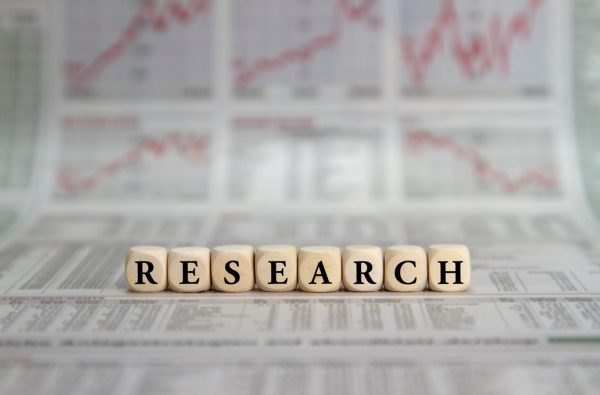
This publication presents and discusses data on household energy consumption and energy poverty in Poland for the year 2018.
Publications (274)

This publication presents and discusses data on household energy consumption and energy poverty in Poland for the year 2018.

Although most students did not identify themselves as living in EP, several populations experienced discomfort, where comfort levels seemed to vary according to location, type of students and season.
This study offers an assessment based on official data, highlighting how energy poverty in post-communist countries like Georgia differs significantly from that in Western Europe.

There is no silver bullet for mitigating energy poverty in multifamily buildings: historical trajectories, operating financing schemes and political contexts require a carefully designed individual approach, tailored to the local conditions.

This study aims to identify and understand the structural roots of energy poverty, to highlight the gender axis of energy poverty and the lack of gender-disaggregated data at EU and Member State level.

EPAH presents a new report focusing on the latest updates and enhancements to our energy poverty national indicators and dashboard in 2023.

A cure-all for energy poverty? Thinking critically about energy advice
This first Policy Brief tackles summer energy poverty with unique insights on building conditions, cooling systems, and climate change. It offers crucial policy guidelines for managing extreme heat.

Authors: David Bienvenido-Huertas, Daniel Sánchez-García, Carlos Rubio-Bellido, David Marín-García

Any local authority wanting to install solar energy on their own assets or wind turbines on municipal ground, needs to go through a series of (sometimes lenghthy) steps. In order to facilitate the process and learn from other, we share experiences from the five POWER UP pilots. Thanks to very practical insights this report can guide local administration employees, may they be technical, administrative or elected people.

Dramatic increases in global energy prices in 2022 have sharpened focus on the suffering experienced by people living in energy poverty – a situation where they are unable to afford the energy required to meet their basic needs. In many countries, providing energy advice to householders is part of a

This JRC report examines the potential of energy communities to alleviate energy poverty, which affects an estimated 50 million households in the EU.

A flexible and systemic framework for policy mix analysis is proposed considering five steps: definition of objectives, instrument selection, single instrument analysis, instruments interaction analysis, and evaluation.
This report provides an analysis of Roma inclusion and equity in relation to the green transition using the example of energy poverty in four countries.
Across Europe, millions live in homes that are unfit, unsafe, and unhealthy—exposing them to cold, damp, and structural risks, with serious consequences for both physical and mental health. While EU policies like the Energy Performance of Buildings Directive (EPBD) push for greener, more energy-efficient homes, the poorest households—often those living in the worst conditions—are least able to afford renovations. This collection of case studies highlights promising initiatives that flip the narrative: using renovation as a tool for social justice. From social enterprises transforming vacant buildings into affordable homes, to community-driven schemes supporting low-income households, these examples show what it means to make the green transition truly inclusive.

Using a concurrent triangulation design, this dissertation investigates energy poverty in Austria, with a focus on social housing in Vienna. A novel indicator of hidden energy poverty is proposed using latent class analysis on survey data.
The Sun4All Capacity and Training Package helps cities and other stakeholders to understand and address energy poverty more efficiently, ensuring fair energy transition across Europe.

Recent energy price spikes have led to increased energy poverty among low-income households living in inefficient homes. Accurate statistics on energy poverty help inform resource allocation and better target relief schemes and retrofit funds.

In the winter of 2022-23, the WELLBASED surveyed 356 households across 5 nations, about their
experience of energy poverty and their health status.
Is there energy poverty in my municipality? Where is it concentrated and how severe is it? Who are those most affected? What are the most significant determining factors?

This scientific paper provides an ex-post cross-country assessment of 19 case studies of energy interventions that have striven to engage hard-to-reach energy users.

Energy Poverty and Just Transformation in Greece

This brief is structured according to three sections: accuracy and quality improvement in summer energy poverty measurement; impact on wellbeing conditions and urban scale; health impact. Each section is, in turn, composed of a diagnostic subsection followed by its respective recommendation.

Examining different elements of the Fit for 55 package and other relevant energy legislation, the document offers recommendations for their implementation and transposition into national laws from the perspective of alleviating energy poverty on the local level.
